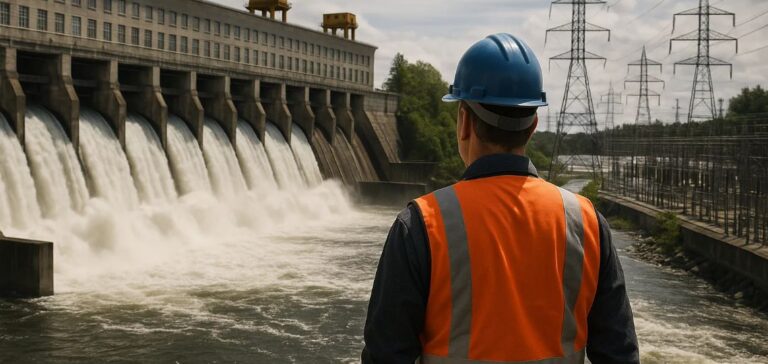Hydro-Québec unveiled its most ambitious energy efficiency strategy on April 24, 2025, aiming to save the equivalent of 10% of Quebec’s electricity consumption by 2035. The plan comes with an investment of 10 G$ (7.24 G€) to support the economy and improve collective well-being. According to the company, this initiative is three times cheaper than other electricity supply sources.
Energy efficiency, in addition to reducing consumer bills, is expected to create over 5,000 new jobs across the province. The programme includes three major actions, with an initial investment of 2 G$ (1.45 G€).
Key initiatives for consumers
Hydro-Québec has launched a programme allowing residential customers to access Canadian-made smart thermostats for free. The goal is to install more than one million of these devices to help households better manage their energy consumption. Financial support is also available for the purchase of other equipment such as heat pumps.
Optimising commercial and industrial buildings
At the same time, the company is creating a new alliance aimed at improving energy efficiency in large commercial and institutional buildings. The Efficient Solutions programme offers financial support to small and medium-sized enterprises (SMEs), enabling them to reduce their energy bills by up to 20%. Hydro-Québec is also offering personalised assistance to industries to overcome technical and financial barriers to energy modernisation.
Energy standards revision
In collaboration with the government of Quebec, revised energy standards will be introduced to optimise the performance of buildings and industries, contributing to 25% of the expected energy savings in this trajectory.
A turning point for Hydro-Québec
Hydro-Québec aims to strengthen Quebec’s energy independence by combining this efficiency trajectory with other projects, such as the expansion of wind farms and the modernisation of hydroelectric plants. The company is also focusing on integrating other technologies, such as solar, to support its goal of energy independence.






















